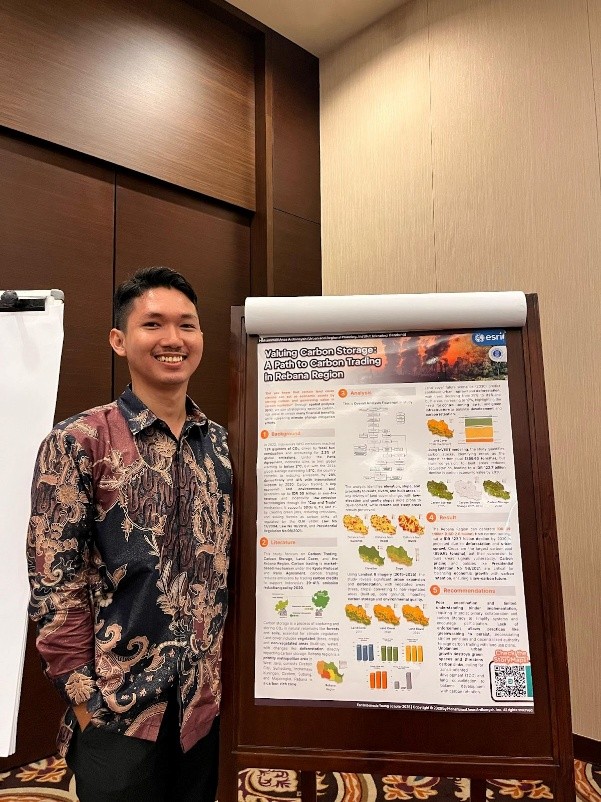ITB Community Service and Research Program Fight Against Stunting: Understanding the Role of Microbiomes in Child Growth
By Adi Permana
Editor Adi Permana

JATINANGOR, itb.ac.id — In an effort to address stunting in Indonesia, Institut Teknologi Bandung (ITB) launched a Community Service Program as well as research involving a number of faculties and sc, including SEEI, SF, SBM, FCEE, and SITH.
Chair of Community Service and stunting research Prof. Dr. Pingkan Aditiawati, MS explained that this research program will observe the relationship between diet, lifestyle, and sanitation with microbiomes of mothers - with healthy or stunted children. Meanwhile, the community service program aims to raise the community’s knowledge, awareness and attitudes in fighting against stunting, specifically in West Java.
"We want to see how the conditions of the microbiome in the digestive tract can affect children's growth. An unbalanced microbiome can cause inflammation and abnormal nutrient absorption, which contributes to stunting," Prof. Pingkan explained.
The importance of this research lies in the difference of the approaches to determine stunting. Currently, the stunting standard only refers to a child's height being below 2 cm from the set standard. However, this standard is considered invalid because it does not consider genetic factors. Therefore, it is necessary to validate new standards or biomarkers that involve other factors, such as the microbiome or metabolome in breast milk and the baby's digestive tract.
In an effort to improve stunting conditions, the research will identify the nutrients needed by stunted babies. So far, the general assumption is that stunting occurs due to a lack of nutrition, especially protein. However, research shows that breast milk actually contains more carbohydrates than protein.

This program is a multidisciplinary activity that also involves several other faculties at ITB. The team from the School of Electrical Engineering and Informatics (SEEI) has a focus on developing an IoT-based stunting detection tool that can provide real-time information to mothers or health workers. Meanwhile, the School of Business and Management (SBM) is focused on developing intervention programs in the community, the Faculty of Civil and Environmental Engineering (FCEE) is focused on developing water sanitation technology to minimize pathogens, and the School of Pharmacy (SF) will analyze drugs which can be used in stunting treatment.
The stunting condition in West Java is currently still quite high. This treatment program has been carried out gradually before 2020. In community service activities, apart from educating about the importance of the nutrient composition consumed to the heads of families, this program also provides training and community assistance in mushroom cultivation, quail cultivation, fish production, and improving water sanitation.
"We hope that this microbiome research can provide a better understanding of stunting and become the basis for more appropriate treatment," Prof. Pingkan concluded.
With support from various faculties at ITB, the Community Service Program and this research are hoped to provide real contributions to overcome stunting and improve the quality of life for children in Indonesia.
Reporter: Ardiansyah Satria Aradhana (Agricultural Engineering, 2020)
Translator: Hanna Daniela Ayu (Aerospace Engineering, 2021)

.jpg)
.jpg)
.png)
.jpg)
.jpg)



